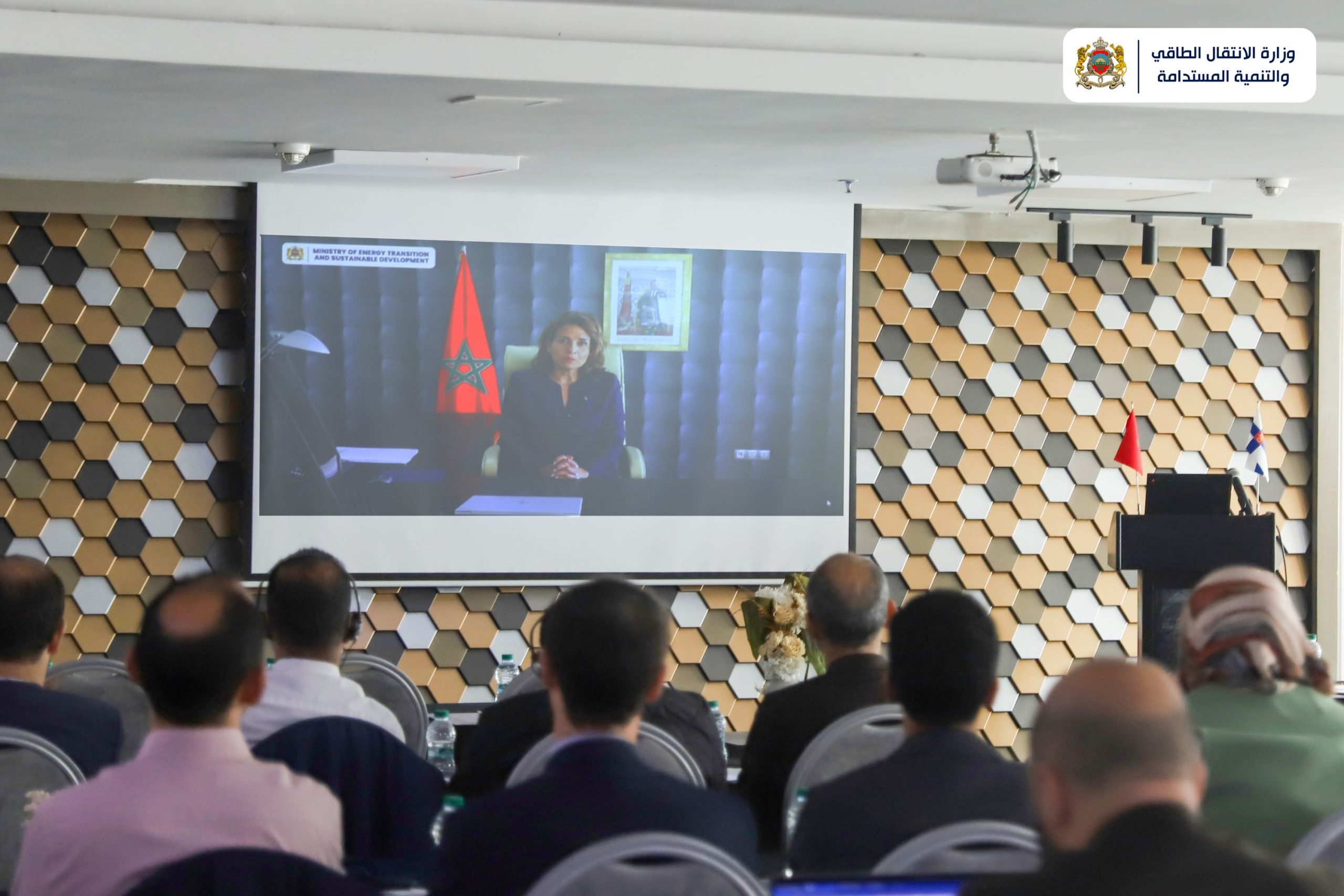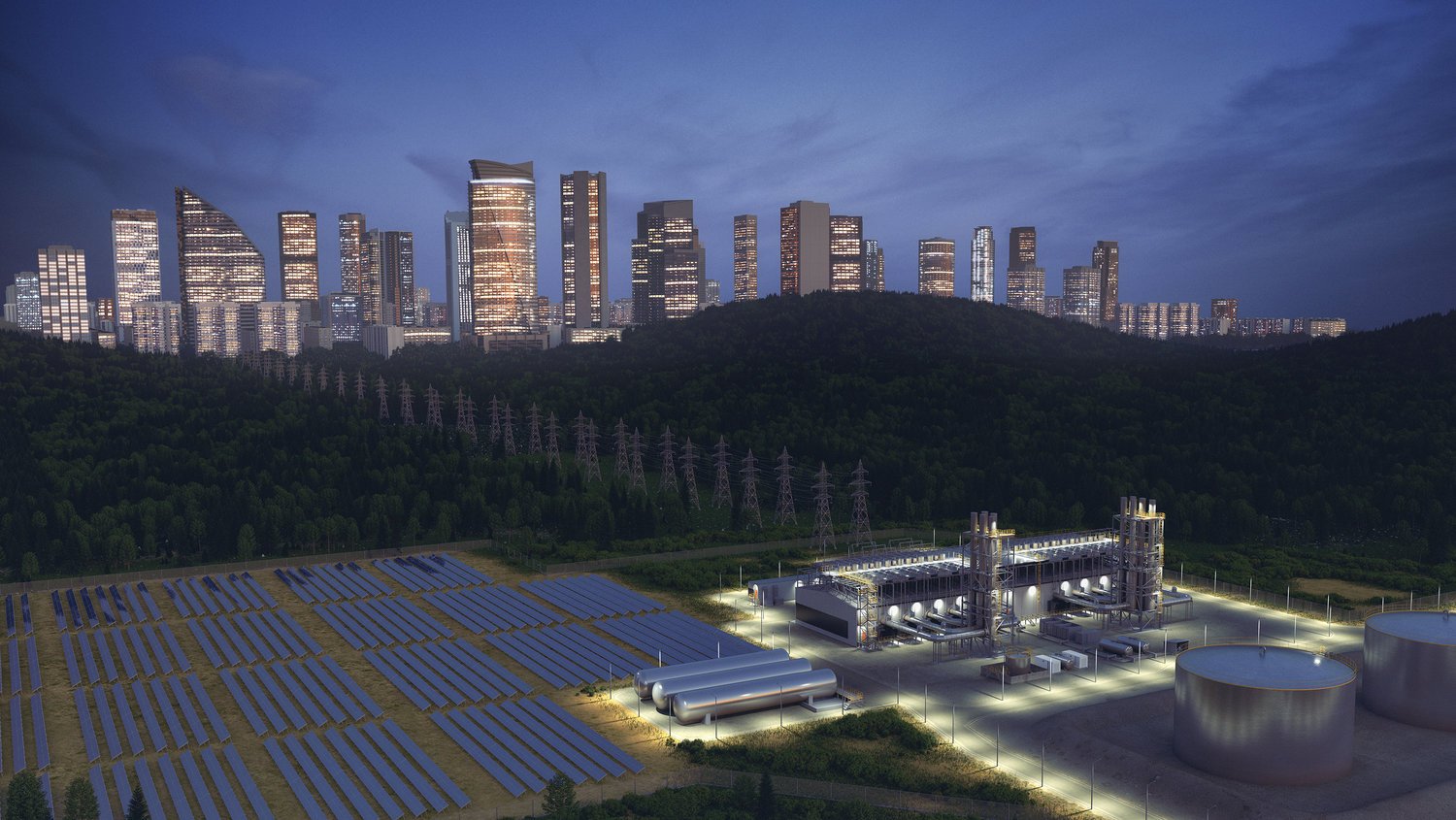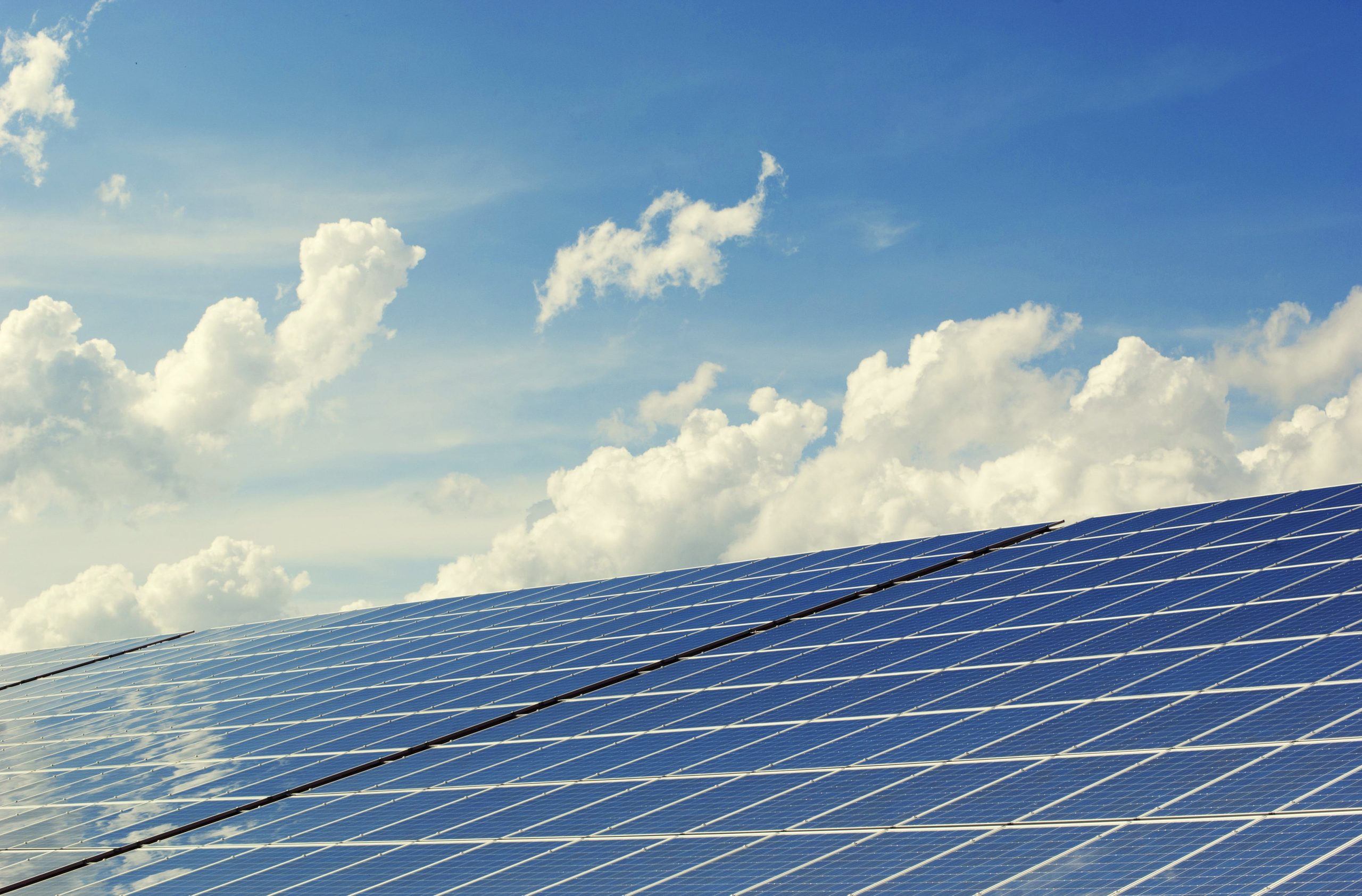Virgin Atlantic has shared headline results from Flight100, the first transatlantic flight on 100% Sustainable Aviation Fuel (SAF), proving not only that the SAF used for the flight is safe to use with existing infrastructure and delivers material reductions in CO2, but can also improve local air quality, contribute to a reduction on persistent contrail formation and reduce fuel use.
Category: Energy
Africa: Energy, Renewable Energy, Green Energy, Gas, Oil, Electricity
5 Ways Airlines can Eliminate their Carbon Footprint
Nowadays, taking care of the environment is more important than ever. Airlines are among the major factors contributing to pollution. Thus, they must find the most reliable methods to limit ecological damage. In this article, we will cover five strategies that airlines can use to eliminate their carbon footprint completely. Let’s get in!
Dynamics of Electric Mobility Transition in Kenya
George, a delivery executive, lives in a modest home on the outskirts of Nairobi. He unplugs the wire that charges his shiny new electric bike, presses a tiny switch bringing the quiet engine to life, and rides off to deliver happiness in the form of food. George is part of a large cohort of gig-economy workers who swears by this innovation.
We need to solve the complex equation of energy transition and grid reliability, says Wärtsilä
Behind the necessary ramp-up of renewable energies, the challenge of integrating them into the power grid occupied centre stage at the North & West Africa […]
Daily power cuts tripled in 2023: SA government must deploy subsidised smart tech solutions in evolutionary next step to maximise energy efficiency in 2024
According to the latest data sets from the Outlier, South Africans were forced to endure the highest degree of loadshedding on record last year. In 2022, citizens experienced 205/365 days of loadshedding – mostly between stages 1 and 4. While glaring, this pales in comparison to 2023, with daily blackouts across 335 days, comprising mostly stage 3 to 6 levels of loadshedding.
Triple win: How Africa’s industrials can decarbonise, lower energy costs and increase reliability all at the same time
In African countries, particularly those with a well-developed industrial sector, a significant portion of energy production may come from the industry’s own power plants. This is especially true in countries where the reliability of the grid is low, and industries rely on self-generated power to ensure a stable energy supply. In this article, we are offering insights into our approach in supporting energy-intensive industries to optimise the use of renewable energy and reach their decarbonisation objectives.
Owendo Mineral Port (OMP) and British International Investment (BII) accelerate port’s energy efficiency, reduce carbon emissions with new solar energy system
Owendo Mineral Port (OMP), part of the pan-African group Arise Ports & Logistics, and British International Investment (BII), UK’s development finance institution and impact investor, announced a significant commitment to sustainable development with an investment of 2.6 million USD.
Solar Power vs. Environmental Challenges: Addressing Concerns and Maximizing Benefits
Explore the dynamic interplay of solar power and environmental impact. Address concerns and maximize benefits with insights on solar energy and solar panels.
Prioritizing Transformational Solutions over Elusive Promises: Reflections from COP28 and Global Climate Conferences End of 2023
The global climate verdict echoes with even greater clarity post-COP28: it’s time for transformational, actionable steps rather than elusive inertia, attention-grabbing promises.
With Huawei Digital Power solutions, the Northern Africa region is expanding its activities to addresses the challenges of energy transition across the continent
Huawei announces the appointment of Philippe Wang as the new President Digital Power for Huawei Northern Africa (North, West and Central Africa).



